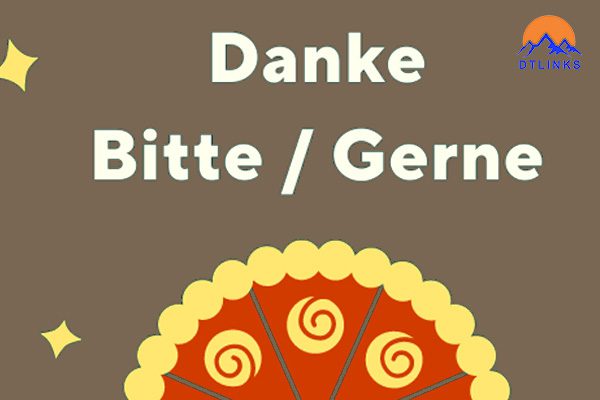Easter is one of the most important holidays in Germany, bringing joy and family togetherness. In 2024, Easter Sunday falls on March 31. Easter is regarded as one of the most significant holidays of the year for Christians (Catholics, Orthodox, Protestants, and Anglicans). It commemorates the death and resurrection of Jesus Christ after being crucified on the cross. Besides entertainment activities, traditional dishes also contribute to the unique flavor of this holiday. Let’s explore some popular Easter dishes in Germany with Todaii German!
Roast Lamb (Lammbraten)
Roast lamb is a traditional Easter dish in many countries, including Germany. It is a delicious and hearty dish that adds a special touch to holiday meals.
Green Sauce (Grüne Soße)
Green sauce is a traditional German dish often served during Easter. Made from fresh herbs like lettuce, spinach, parsley, and radish, it originated in Frankfurt, Germany. Green sauce symbolizes the beginning of spring. The green color of the herbs represents new life, while the vinegar’s tanginess signifies cleansing.
Egg Liqueur Cake (Eierlikörtorte)
Egg liqueur cake is a traditional Easter dessert in Germany, passed down through generations. The cake is not only delicious but also carries symbolic meaning: eggs, the main ingredient, symbolize new beginnings, fertility, and abundant energy. The golden yolk decorations represent sunlight, warmth, and joy.
Easter Bread (Osterbrot)
This is a traditional sweet bread enjoyed during Easter in many European countries, especially Germany, Austria, and Switzerland. Its round shape symbolizes the sun, representing new life and the resurrection of Jesus. The cross on the bread signifies Jesus’ sacrifice. This dish embodies joy, hope, and new beginnings.
Easter Eggs (Ostereier)
Easter eggs are colorful eggs that appear during Easter in Christian traditions. A long-standing Easter custom, these eggs symbolize new beginnings, origin, and connection to God. Easter eggs represent resurrection and new life. Exchanging Easter eggs conveys wishes for joy and hope for new, better things.
Lamb Cake (Osterlamm)
Lamb cake is an indispensable Easter dish in many countries, especially in Europe. It is both delicious and symbolic, representing Christ’s ultimate sacrifice, the cleansing of sins, and new beginnings. Additionally, lamb cake signifies abundance, prosperity, and bountiful harvests. People believe eating lamb cake brings good fortune and wealth to families in the new year.
Egg Salad (Eiersalat)
Egg salad is a traditional Easter dish with special meaning, especially in Germany. It symbolizes fertility, joy, and hope. Simple to prepare, delicious, and nutritious, it is suitable for all ages. This dish provides an opportunity for family members to cook together and bond during the holiday.
We hope the above information shared by DTLINKS about Easter dishes helps you learn more about Germany and its culture. Stay tuned to Todaii German for more exciting insights into the German language and culture!



